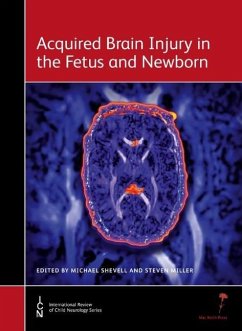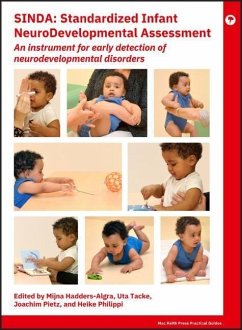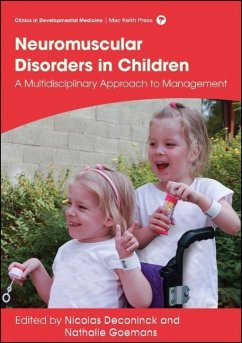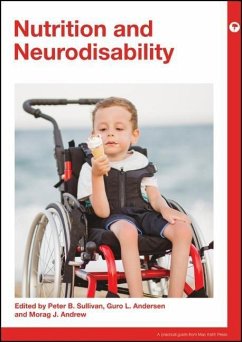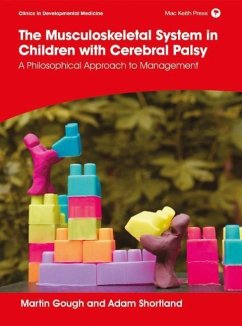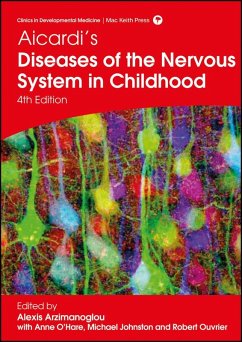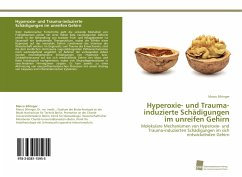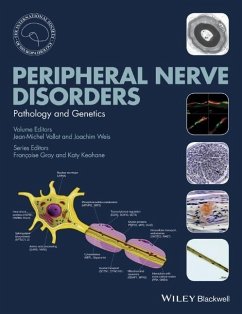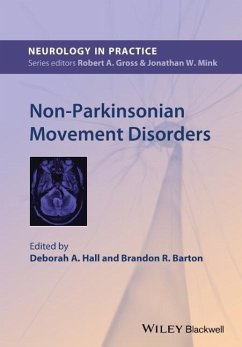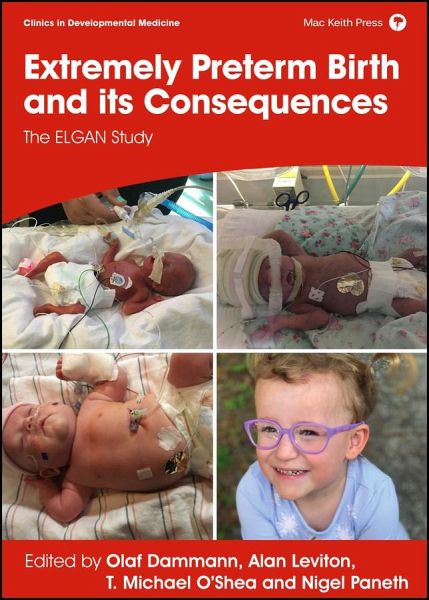
Extremely Preterm Birth and Its Consequences
The Elgan Study
Herausgegeben: Dammann, Olaf; Leviton, Alan; O'Shea, Mike; Paneth, Nigel

PAYBACK Punkte
58 °P sammeln!
This book reviews important findings from the Extremely Low Gestational Age Newborn Study (ELGAN), the largest cohort study ever completed involving individuals born extremely prematurely. With a focus on pre-, peri-, and post-natal inflammation, this study identified potentially modifiable risk factors and pathways antecedent to a broad range of neurodevelopmental impairments, as well as asthma and obesity, during middle childhood. These findings will be of interest to both practicing neonatologists and developmental paediatricians, as well as researchers interested in the prevention of adver...
This book reviews important findings from the Extremely Low Gestational Age Newborn Study (ELGAN), the largest cohort study ever completed involving individuals born extremely prematurely. With a focus on pre-, peri-, and post-natal inflammation, this study identified potentially modifiable risk factors and pathways antecedent to a broad range of neurodevelopmental impairments, as well as asthma and obesity, during middle childhood. These findings will be of interest to both practicing neonatologists and developmental paediatricians, as well as researchers interested in the prevention of adverse child health outcomes and promotion of positive health among individuals born extremely preterm.
_ The only book to summarise findings from the Extremely Low Gestational Age Newborn Study, the largest and most comprehensive cohort study ever conducted of this high-risk group.
_ A comprehensive 'one-stop-shopping' resource.
_ A broad range of neurodevelopmental outcomes are included, as well as the relationship of these outcomes to pre-, peri-, and post-natal risk factors. A focus of the study was perinatal inflammation, and the methods used to evaluate inflammation are the most comprehensive ever undertaken in an epidemiologic study of individuals born extremely preterm.
_ The results of the ELGAN study will help Make a difference in the care and outcome of children born very early and make an important contribution to preventing learning and behavioural problems in children.
_ The only book to summarise findings from the Extremely Low Gestational Age Newborn Study, the largest and most comprehensive cohort study ever conducted of this high-risk group.
_ A comprehensive 'one-stop-shopping' resource.
_ A broad range of neurodevelopmental outcomes are included, as well as the relationship of these outcomes to pre-, peri-, and post-natal risk factors. A focus of the study was perinatal inflammation, and the methods used to evaluate inflammation are the most comprehensive ever undertaken in an epidemiologic study of individuals born extremely preterm.
_ The results of the ELGAN study will help Make a difference in the care and outcome of children born very early and make an important contribution to preventing learning and behavioural problems in children.




